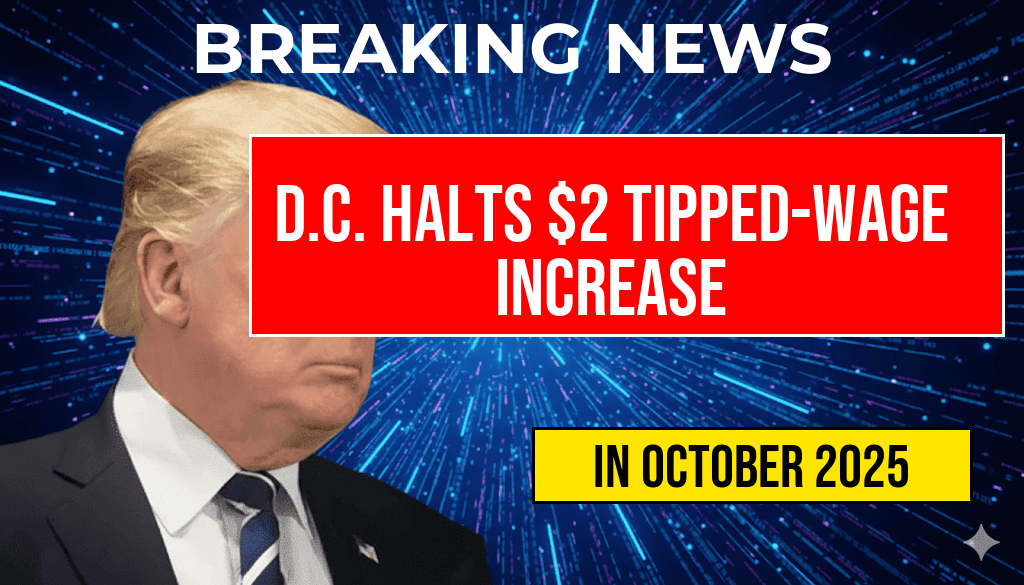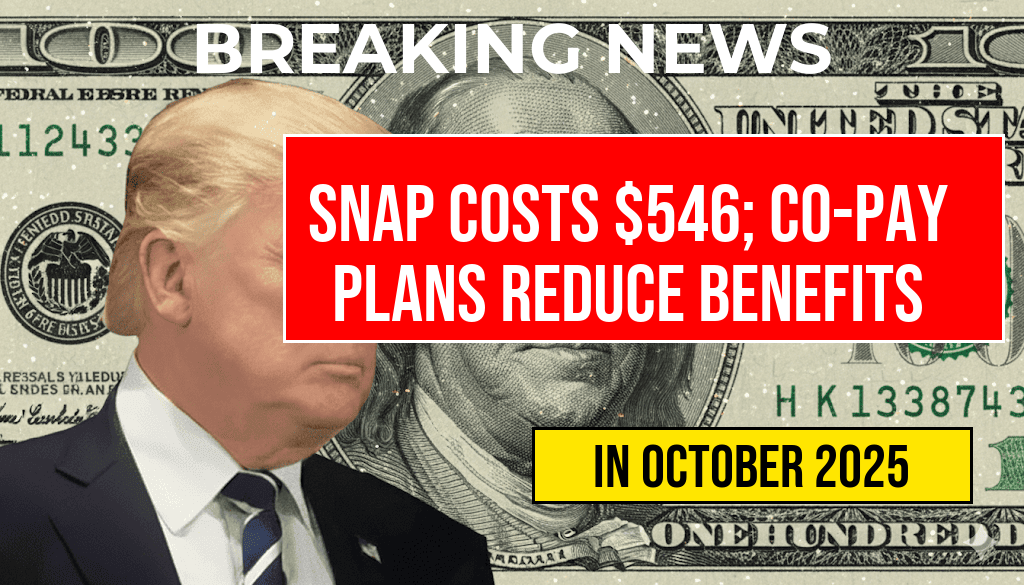Day Six of Government Shutdown Leaves Federal Employees Without Pay and Threatens Vital Food Assistance Programs
Federal employees across the United States are entering their sixth day without pay as the partial government shutdown persists, disrupting essential services and sparking widespread concern. Among the most vulnerable impacted are recipients of the Women, Infants, and Children (WIC) program, which faces an imminent $8 billion funding shortfall. As shutdown negotiations continue without resolution, thousands of federal workers are navigating financial hardship, while program administrators scramble to keep critical nutrition assistance afloat. The shutdown underscores the fragile intersection between political gridlock and the daily needs of millions relying on government-supported services, raising questions about the long-term stability of federal programs amid recurring funding disputes.
Federal Employees and the Immediate Impact of the Shutdown
Zero Pay and Uncertain Financial Futures
Federal workers have been instructed to halt all non-essential duties, with many reporting that their paychecks have been deferred or withheld entirely. According to the Office of Personnel Management, approximately 2 million employees are affected nationwide, spanning agencies from Homeland Security to the Department of Agriculture. The immediate consequence is increased financial strain on these households, with many struggling to cover rent, utilities, and daily expenses.
- Emergency funds are being depleted as workers seek alternative sources of income or defer bills.
- Small businesses that rely on federal contracts face delays, further impacting local economies.
- Contractors and temporary staff are also caught in limbo, with some facing unpaid work periods extending beyond two weeks.
Political Deadlock and Negotiation Breakdown
The ongoing shutdown stems from a stalemate over appropriations legislation, with partisan disagreements over border security measures and spending priorities. Lawmakers have failed to reach a consensus, leading to a lapse in funding that halts many federal operations. The President and Congress remain at an impasse, with negotiations often stalling over contentious issues, such as border wall funding and immigration policies. This political gridlock leaves millions of Americans uncertain about the duration of the shutdown and the reopening of government services.
WIC Program Faces Funding Shortfall Amid Shutdown
Vital Nutrition Assistance at Risk
The WIC program, which provides nutritional support for pregnant women, new mothers, infants, and young children, is facing an $8 billion funding gap as the shutdown persists. Administered through state agencies, WIC serves over 6 million participants nationwide and is critical in addressing food insecurity among vulnerable populations. With federal funds delayed or inaccessible, local agencies warn of potential disruptions in food vouchers, nutrition counseling, and health screenings.
| Week | Funding Status | Potential Impact |
|---|---|---|
| Week 1 | Funding secured | Normal operations continue |
| Week 2 | Funding begins to thin | Limited services in some regions |
| Week 3 | Funding shortfall imminent | Possible suspension of benefits for some recipients |
State and Local Responses
Several state agencies are developing contingency plans to prevent interruption of services, including reallocating emergency funds and seeking temporary federal waivers. However, these measures are only stopgaps and cannot substitute for the sustained funding that WIC relies on. Nutrition advocates warn that delays could lead to increased food insecurity and health disparities among children and pregnant women, especially in low-income communities.
Broader Implications and Public Response
Economic and Social Consequences
The shutdown’s ripple effects extend beyond federal employees. Local economies dependent on federal contracts and spending are experiencing downturns, with small businesses reporting decreased sales and delayed payments. Social services for vulnerable populations face uncertainty as programs like WIC grapple with funding lapses. Health clinics serving low-income families also report disruptions in service delivery, highlighting the interconnectedness of federal funding and community health outcomes.
Public and Political Reactions
Public opinion polls indicate growing frustration with the political impasse, with many Americans urging lawmakers to prioritize government funding to avoid further hardship. Advocacy groups are calling for emergency measures to ensure continued support for essential programs, emphasizing the urgent need for bipartisan cooperation. Meanwhile, federal employees and their families continue to navigate financial difficulties, amplifying calls for immediate resolution to reopen the government and restore funding to crucial initiatives.
Looking Ahead
As negotiations remain deadlocked, the outlook for an immediate resolution appears uncertain. Experts warn that prolonged shutdowns can erode public trust in government institutions and cause lasting economic damage. The Biden administration has emphasized the importance of bipartisan efforts, but without progress, the shutdown’s toll will deepen, impacting millions of Americans relying on federal programs like WIC and other essential services.
For more information on federal shutdowns and their effects, resources such as Wikipedia’s overview of U.S. government shutdowns offer detailed historical context. Updates on the current situation can be followed through official government channels and reputable news outlets.
Frequently Asked Questions
What is the impact of the government shutdown on federal employees?
During the federal government shutdown, federal employees face zero pay as their salaries are temporarily halted until funding is restored.
How does the shutdown affect the WIC program?
The WIC program, which provides nutritional assistance to women, infants, and children, is experiencing a funding shortfall of $8 billion, risking disruptions in services.
What is the current status of federal funding during the shutdown?
Funding has been frozen or delayed for many federal agencies, including programs like WIC, due to the ongoing government shutdown.
Are there any plans to resolve the funding issues and end the shutdown?
Legislative negotiations are ongoing to reach an agreement that will restore funding and end the shutdown, but no definitive resolution has been announced yet.
What can affected individuals do during this period?
Federal employees should monitor updates from their agencies, while recipients of programs like WIC should stay informed about potential service disruptions and seek alternative support if needed.










